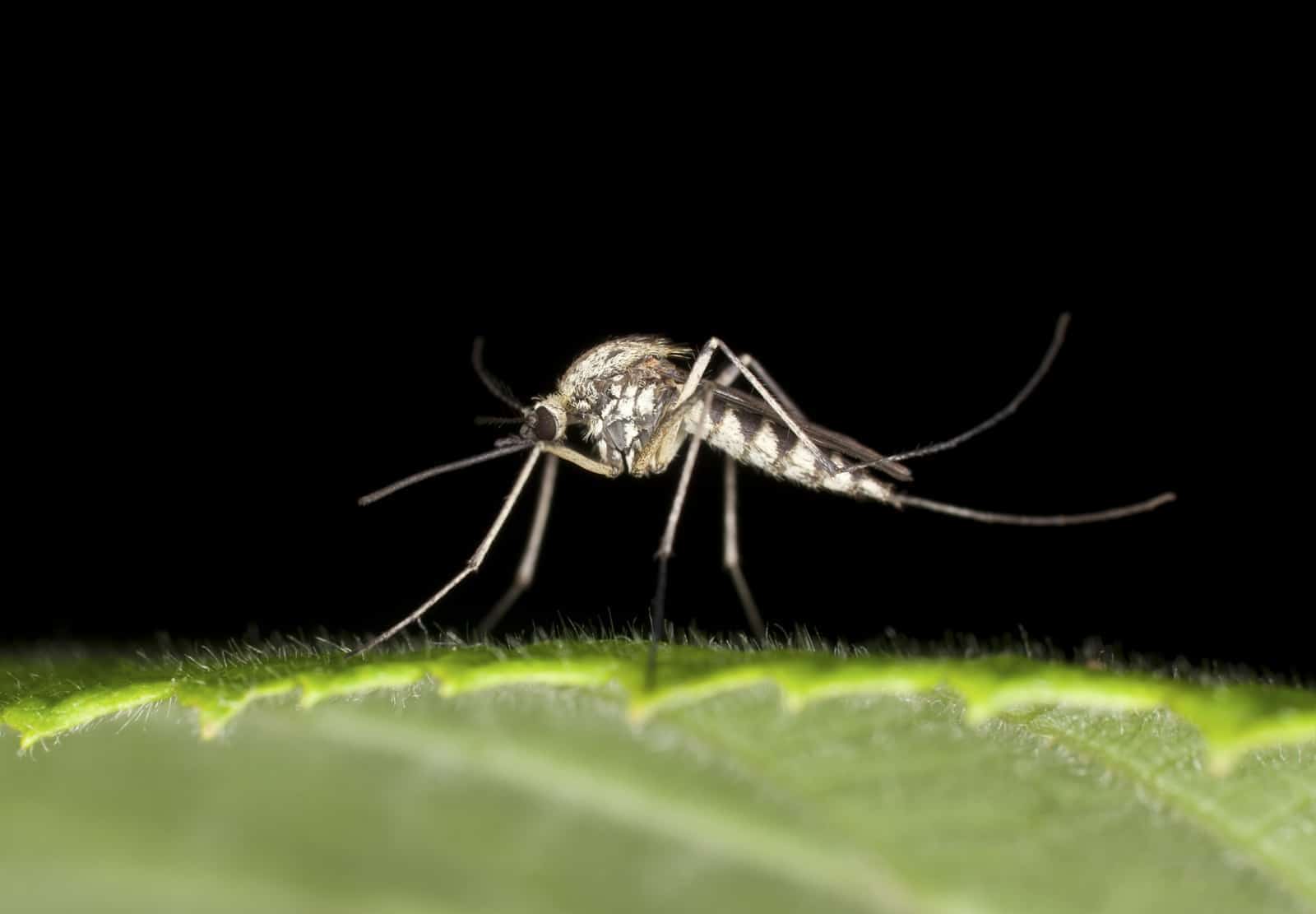Michigan’s Second EEE Case of 2019 Confirmed

Eastern equine encephalomyelitis is caused by viruses found in wild birds. Mosquitoes that feed on birds infected with EEE can transmit the disease to humans, horses, and other birds. Some birds can harbor the EEE virus without becoming acutely ill, thereby serving as reservoirs for the disease. Horses do not develop high enough levels of these viruses in their blood to be contagious to other animals or humans.
Because of the high mortality rate for horses and humans, EEE is regarded as one of the most serious mosquito-borne diseases in the United States.

Create a free account with TheHorse.com to view this content.
TheHorse.com is home to thousands of free articles about horse health care. In order to access some of our exclusive free content, you must be signed into TheHorse.com.
Start your free account today!
Already have an account?
and continue reading.
Written by:
Edited Press Release
Related Articles
Stay on top of the most recent Horse Health news with















